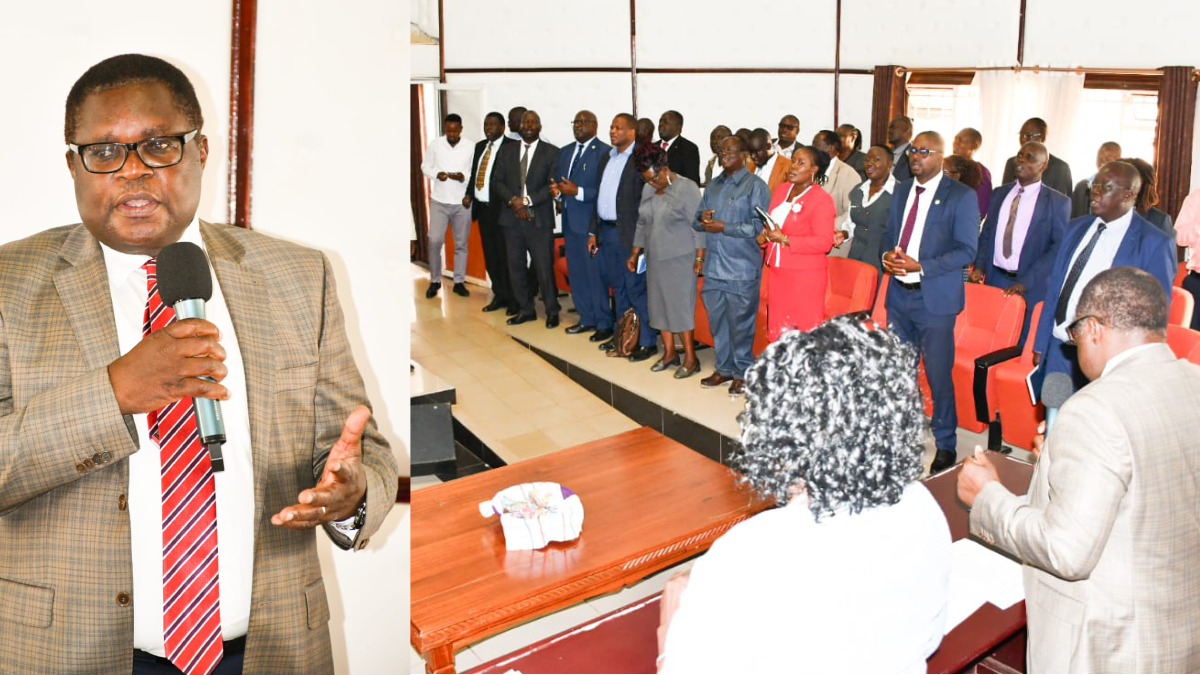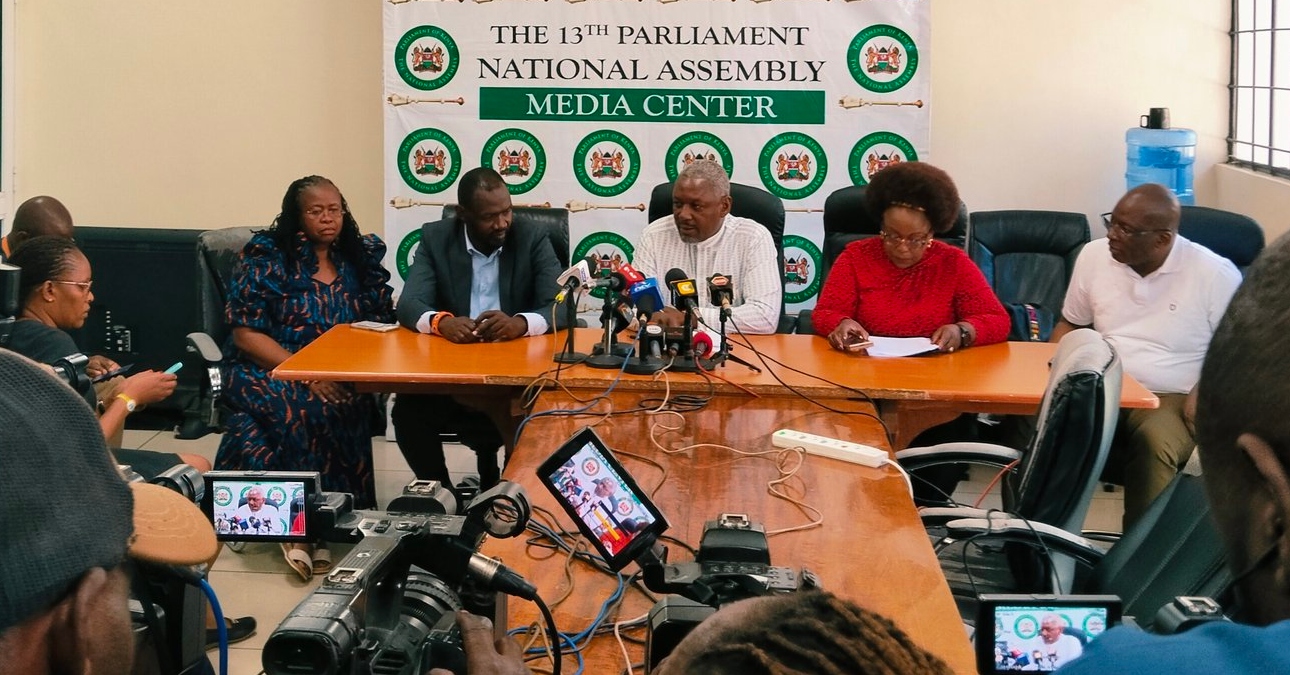In the past almost 2 weeks, Kenyans have been taken through some form of telenovela proceedings concerning the impeachment of Deputy President Rigathi Gachagua.
While most analysts have concentrated on the procedures within both the National Assembly and Senate, few have considered the process to follow after an impeachment.
Many queries abound such as when does removal become effective; whether the IEBC has role; what the timelines are on the nomination and approval of another Deputy President; and whether the procedure laid out under the Assumption of Office of the President and Deputy President is applicable.
On when the decision to remove the Deputy becomes effective, Article 145(7) of the Constitution provides that the same is immediate. What was expected and has taken place is that the Speaker of the Senate publishes the outcome and the vacancy by way of a notice in the Kenya Gazette.
Thereafter and in accordance with Article 149(1) the President is within 14 days to communicate to the Speaker of the National Assembly, which he has done, the name of his preferred nominee. The National Assembly then votes on the nomination within 60 days. The Senate is not involved at all.
Another point worth noting is that Article 149(1) refers to “voting” by the National Assembly rather than “vetting”. The question then is whether the procedure found in the Public Appointments (Parliamentary Approval) Act are applicable or not.
Under Section 3 of this Act, it is stated that “An appointment under the Constitution or any other law for which the approval of Parliament is required shall not be made unless the appointment is approved or deemed to have been approved by Parliament in accordance with this Act.”
One wonders then whether a vote for a deputy presidential nominee is an approval as envisaged in the Act. This is a debatable point. On one hand, one may assume that “voting” does not have the same meaning as “vetting”, which is the rationale for which the Public Appointments (Parliamentary Approval) Act was enacted.
There is also an equally persuasive argument that the said provision on “voting” cannot be a mere mechanical process without debate, without authentication of documents and without consideration of the qualifications of the nominee.
To those in this school of thought, a rose by any other name smells as sweet and semantics won’t change the fact that what the National Assembly is undertaking is essentially an approval which fall squarely within the 4 corners of the Public Appointments (Parliamentary Approval) Act.
This latter argument would make the action by the National Assembly in voting for Prof. Kithure Kindiki to be premature and unlawful. The former argument on the other hand deems the action proper.
It is apparent that none of the provisions makes any reference to the IEBC. As such, the IEBC is not involved in the replacement of the Deputy President at all. In any event, the IEBC without Commissioners is functionally sterile.
The Court of Appeal in the former CS Engineer Michael Sistu Mwaura Kamau case found that a Commission without Commissioners cannot not carry out its core functions. In the circumstances, the IEBC has no place in the process and any attempt by it to play a role may end up either being g invalidated or being considered superfluous.
The last step in the process is the swearing in of the nominated Deputy President once the National Assembly okays his nomination. The Constitution is silent on the timelines for the Deputy President nominee to take oath of office. We must then resort to Article 148 (4 & 5) of the Constitution which though dealing with a “Deputy President elect” rather than a “Deputy President Nominee” dictates that the Deputy President may only assume office after taking an oath before the Chief Justice in a public place.
There is the Assumption of the Office of the President Act which after the conduct of general elections governs the manner in which the President elect and his Deputy President elect take oath of office. The arrangements are elaborate and the swearing in date is not sudden but is held on the first Tuesday following the 14th day after declaration of results.
However, this Act from its object and contents is purely in regard to the Deputy President Elect and not one who is a nominee. It is thus inapplicable in the situation. This then means that the Deputy President nominee may be sworn in at any time as long as it is before the Chief Justice and in a public place.












